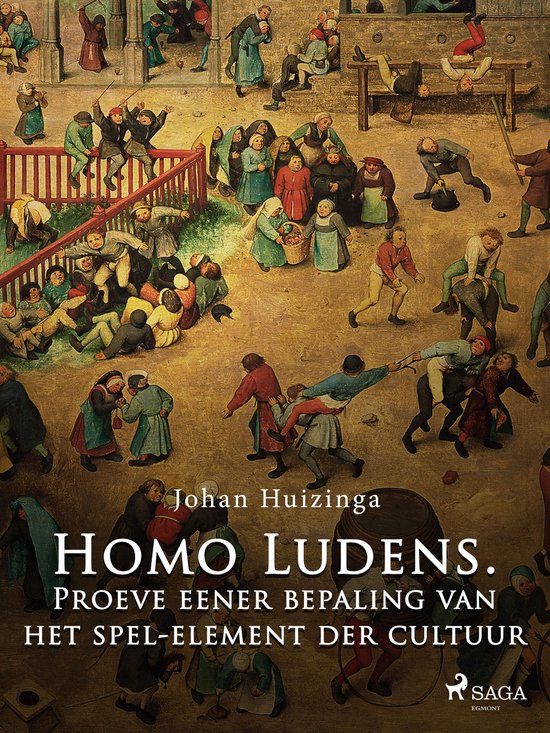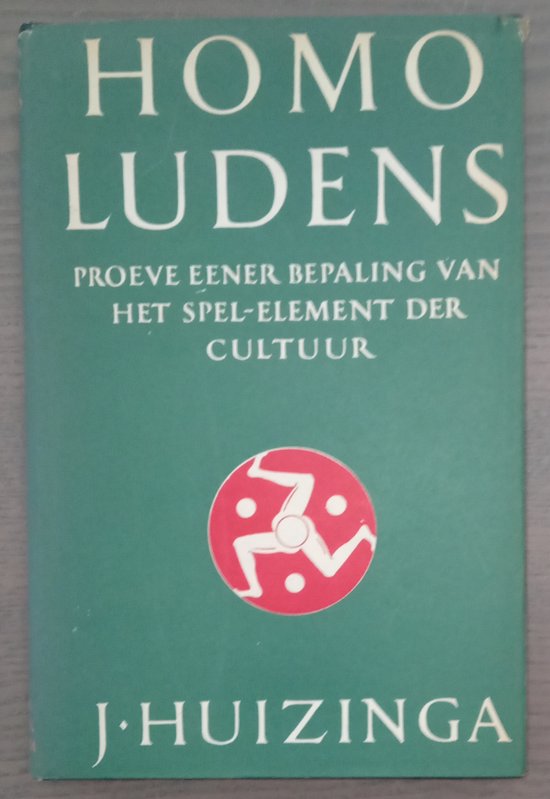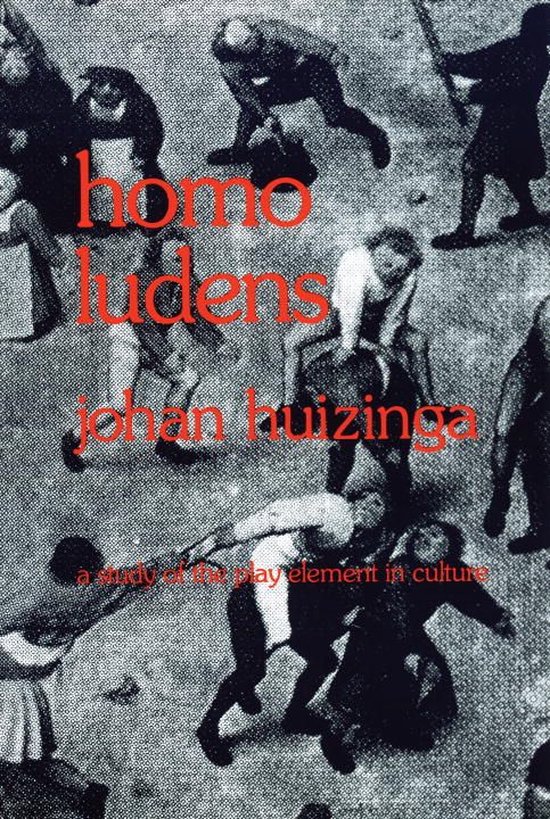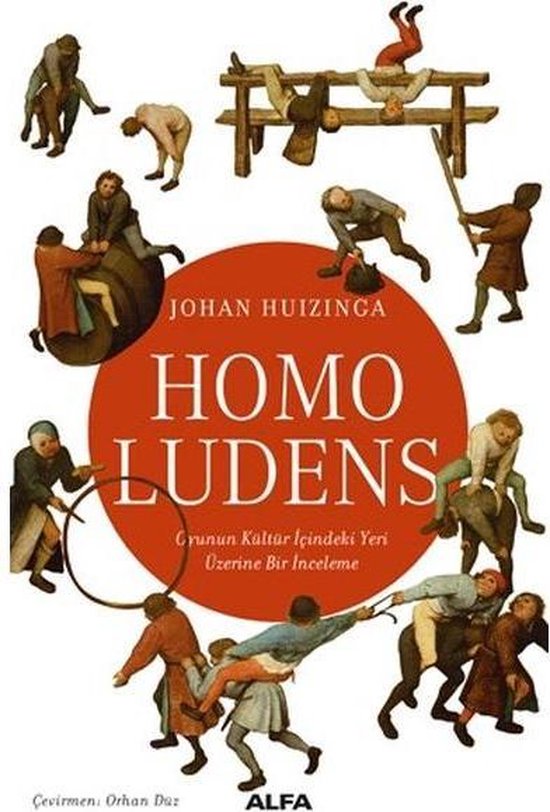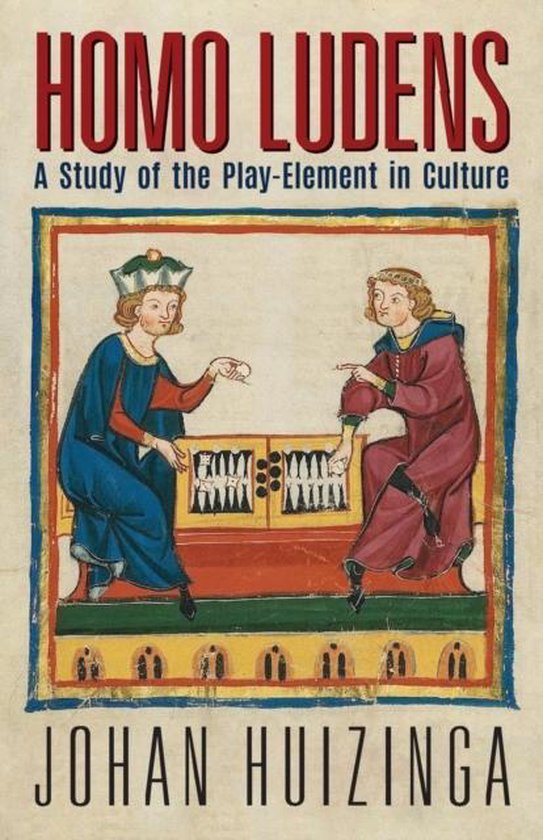
Homo Ludens
In Homo Ludens, Johan Huizinga defines play as the central activity in flourishing societies. He identifies five characteristics of play: it is free; it is not ordinary or real life; it is distinct from ordinary life both as to locality and duration; it creates order; it is connected with no material interest, and from it no profit can be gained.
With cross-cultural examples from the humanities, business, and politics, Huizinga examines play in all its diverse guises as it relates to language, law, war, knowledge, poetry, myth, philosophy, art, and much more. As he writes, Civilization is, in its earliest phases, played. It does not come from play like a baby detaching itself from the womb: it arises in and as play, and never leaves it.
Starting with Plato, Huizinga traces the contribution of man the player through the Middle Ages, the Renaissance, and early modern world. With an eye for our own times he writes: In American politics play] is even more evident. Long before the two-party system had reduced itself to two gigantic teams whose political differences were hardly discernible to an outsider, electioneering in America had developed into a kind of national sport. With its remarkable historical sweep, Homo Ludens defines play for generations to come.
A fascinating account of man the player and the contribution of play to civilization. Harper s
A writer with a sharp and powerful intelligence, helped by a gift of expression and exposition which is very rare, Huizinga assembles and interprets one of the most fundamental elements of human culture: the instinct for play. Reading this volume, one suddenly discovers how profoundly the achievements in law, science, poverty, war, philosophy, and in the arts, are nourished by the instinct of play. Roger Caillois, editor of Diogenes"
With cross-cultural examples from the humanities, business, and politics, Huizinga examines play in all its diverse guises as it relates to language, law, war, knowledge, poetry, myth, philosophy, art, and much more. As he writes, Civilization is, in its earliest phases, played. It does not come from play like a baby detaching itself from the womb: it arises in and as play, and never leaves it.
Starting with Plato, Huizinga traces the contribution of man the player through the Middle Ages, the Renaissance, and early modern world. With an eye for our own times he writes: In American politics play] is even more evident. Long before the two-party system had reduced itself to two gigantic teams whose political differences were hardly discernible to an outsider, electioneering in America had developed into a kind of national sport. With its remarkable historical sweep, Homo Ludens defines play for generations to come.
A fascinating account of man the player and the contribution of play to civilization. Harper s
A writer with a sharp and powerful intelligence, helped by a gift of expression and exposition which is very rare, Huizinga assembles and interprets one of the most fundamental elements of human culture: the instinct for play. Reading this volume, one suddenly discovers how profoundly the achievements in law, science, poverty, war, philosophy, and in the arts, are nourished by the instinct of play. Roger Caillois, editor of Diogenes"
| Auteur | | Johan Huizinga |
| Taal | | Engels |
| Type | | Paperback |
| Categorie | | Mens & Maatschappij |
